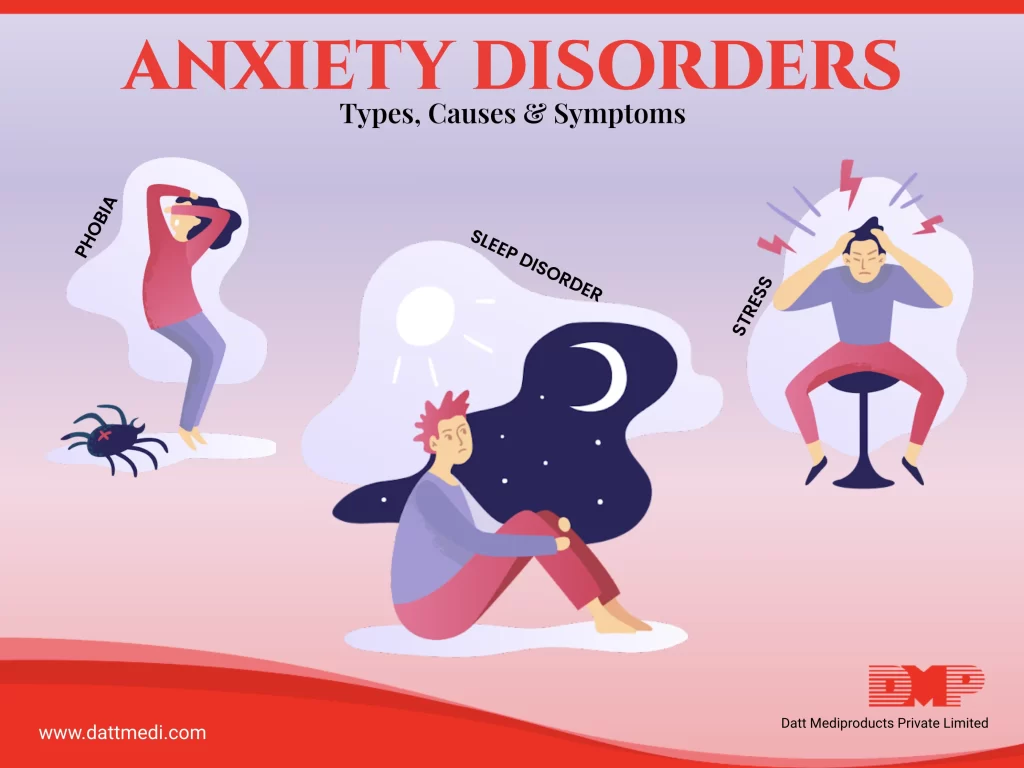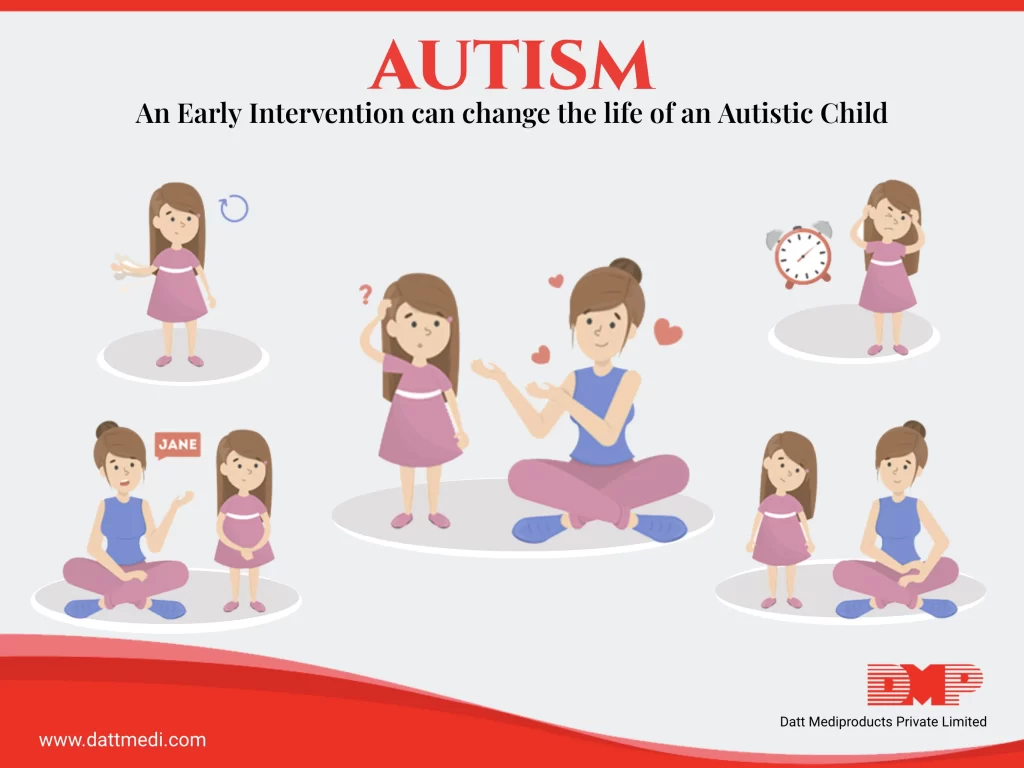
Positive Thinking is having the approach that focuses on the bright side of life. Oxford dictionaries define positive thinking as “The practice or result of concentrating one’s mind affirmatively on the good and constructive aspects of a matter so as to eliminate negative or destructive attitudes and emotions.”
Is your glass of water half full or half empty? This age old question may reflect about your outlook towards life and defines whether you have an optimistic or a pessimistic attitude.
Positive thinking plays a key part with stress management and has several health benefits too. There are several theories which explain this, but the main point is positive outlook enables an individual to cope better under stressful circumstances. This in turn lessens the harmful health effects of stress on the human body.
Following are a few health benefits of positive thinking:
– Reduced depression rates
-Lower distress levels
-Improved resistance to the common cold
-Enhanced psychological and physical well-being
-Better cardiovascular health
-Better coping skills during hardships and times of stress
-Don’t allow any unfavourable news or negativity ruin your inner peace.
We bring to you some tips for keeping a positive attitude.
-Gratitude Journal: Be grateful for the things you have in your life and focus on the good in every situation. Gratitude improves health, lifts your mood, increases happiness and can be taken as an antidote to a lot of things, including anger and bitterness. Consistency is the key. Try to do it every day.
-Music: Several research studies have shown that listening to music helps in activating the region of the brain that releases the feel-good neurotransmitter named “Dopamine” and helps relax the body. Listen to music that sounds the way you want to feel. So “happy” music can boost happiness.
-Follow your passion: Do the things you are passionate bout and feel excited for. Join a NGO or any classes to pursue something new & exciting. Studies show people who follow their passion are healthier, live longer and have a greater life satisfaction.
-Smile: Although it might seem simple but just smiling at light things can actually make you happier. The signals sent by facial muscles to brain may impact the development of emotions. So, Smile Often.
-Meditate: Meditation is a mental exercise which constraints reactivity to one’s negative thoughts and feelings. Regular meditation aids to improve mood, sleep and subsides stress.
-Challenge your negative thinking: Try to change your perspective. Being optimist is good for your health and general well-being. When negative thoughts cover your mind, ask yourself if there is another positive way to do things.
-Create a positive environment: Surround yourself with positive optimistic people, who support you, uplift you and bring the best out of you. Avoid things which destroy your happiness, they are nothing but a waste of time.
-Reduce materialism & ideals: Modern society has changed our mindset focusing more on luxurious materialistic things in order to be a worthy person. Cut down on the time being spent on social media & other electronic devices and do things for your inner peace and self-justify. Focus on reality and enjoy your time with mother nature.
The connection between mind and body is beyond doubt. A healthy body makes a healthy mind and a vice versa. Work out on a regular basis, eat a balanced diet, meditate often, do some yoga, walk a recommended 10,000 steps per day and get a sufficient amounts of sleep to rejuvenate your mind and body.
You can follow us @dattmediproducts or visit www.dattmedi.com to read our previous blogs on well-being, self-care, ways to a healthier life and many more.







